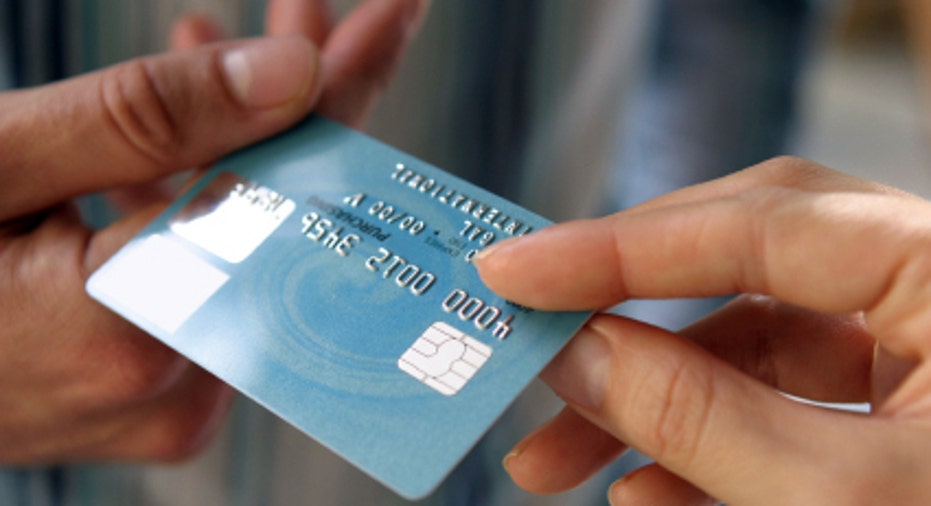Four Steps to Avoiding a Spending Hangover

For some it's an annual phenomenon: the New Year's hangover. But there's reason to believe next month's could be worse than usual.
No, not the headache that comes from a late night and too much champagne on New Year's Eve. That might hurt for a while, but you'll be fine in a day or so. The hangover with more lasting effects comes from the harsh reality of the holiday credit card bills that come due in January. Some people dig themselves a hole in December that they spend the following year trying to escape. And again, 2013 is shaping up to produce a particularly nasty financial hangover.
Overindulgence in the making
Why might this year be worse than others? There are a couple reasons.
First, early reports on Black Friday weekend sales figures show sales up 13% compared to last year. Couple that booming start with an unusually long holiday shopping season (due to an early Thanksgiving) and you have the makings of a record year for holiday spending. Short-term, that may seem like good news for the economy, but the reality is that with Americans already over-burdened with debt, all this spending will make things tougher when the bills arrive in January.
Second, paying those bills may get a great deal tougher if a solution isn't found to the fiscal cliff. A number of temporary tax cuts are due to expire in January, so if a deal to extend them isn't reached, you can count on a smaller paycheck in 2013. How much smaller depends on a number of things -- your income, marital status, exemptions, etc. -- but as a rule of thumb, use an estimate of 5% smaller. That's because federal income tax rates for many people will rise by 3%, and a 2% temporary reduction in Social Security payroll tax will expire.
In short, people could be facing record holiday bills with smaller paychecks. That's a recipe for a brutal financial hangover.
Avoiding the regret
How can you avoid that holiday spending hangover? Try these steps:
- Figure on a reduced paycheck. You can research the specifics of your tax situation or use a 5% ballpark estimate. Either way, figure what your paycheck would look like post-fiscal cliff.
- Figure out a payback plan. Figure out how much that reduced paycheck would leave you for paying off holiday bills, and figure out how much you could pay off by the end of the first quarter of next year. Your total holiday budget should not exceed that figure.
- Allocate your holiday budget. Take that total and decide how to spread it among the people on your holiday gift list. A tighter budget might force you to do some hard thinking about who's been naughty and who's been nice.
- If the cliff is avoided, roll the savings forward. After all this, what if the government makes a deal and your taxes don't go up? Then take that extra 5% and start saving it toward next year's holiday budget. You may find you can save enough this way to have no bills left over next January.
One of the most galling things about a hangover is knowing it could have been avoided with more sensible behavior. By taking these steps, you'll likely enter the new year with no such regrets -- at least on your finances.
The original article can be found at Money-Rates.com:4 steps to avoiding a spending hangover



















